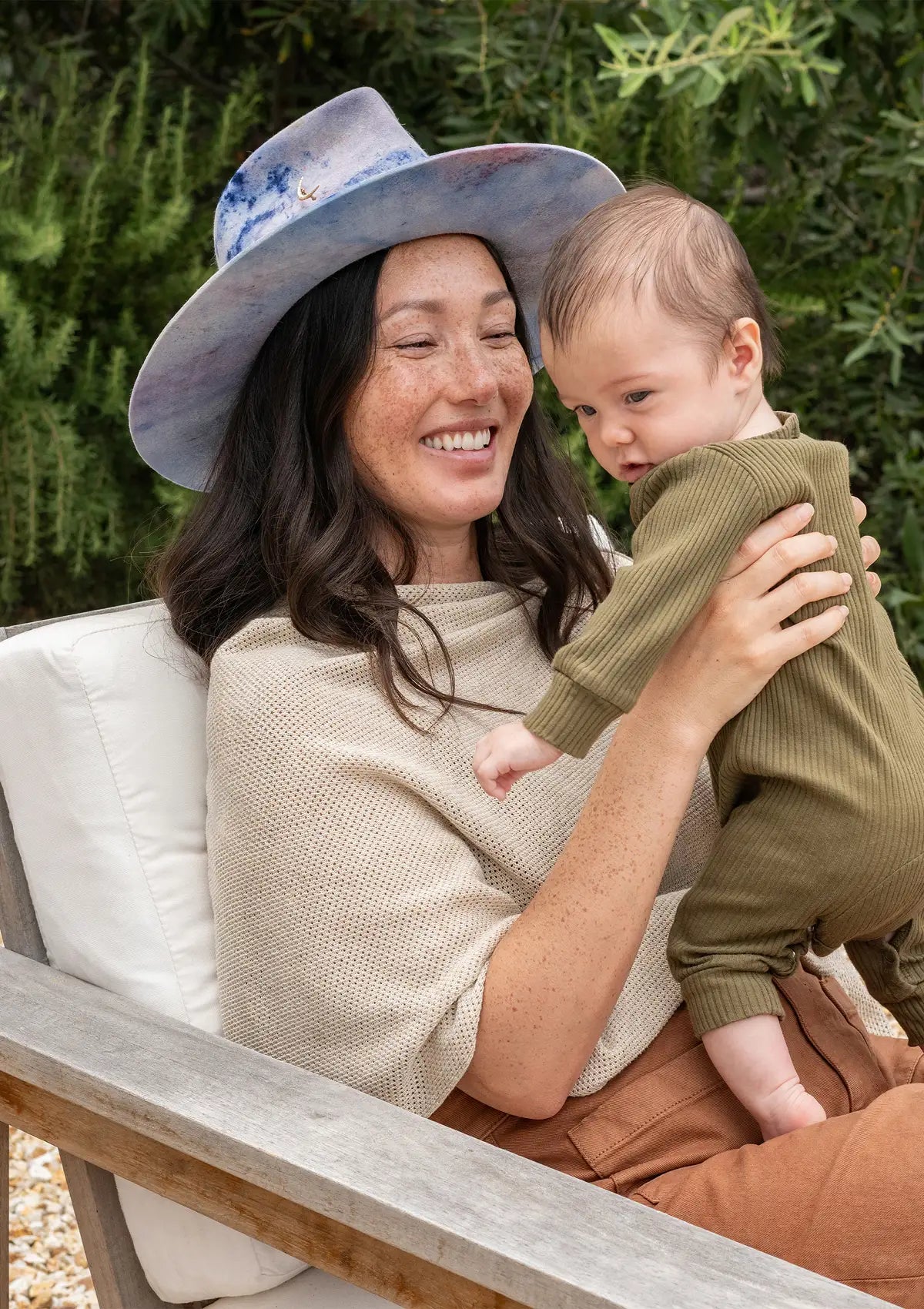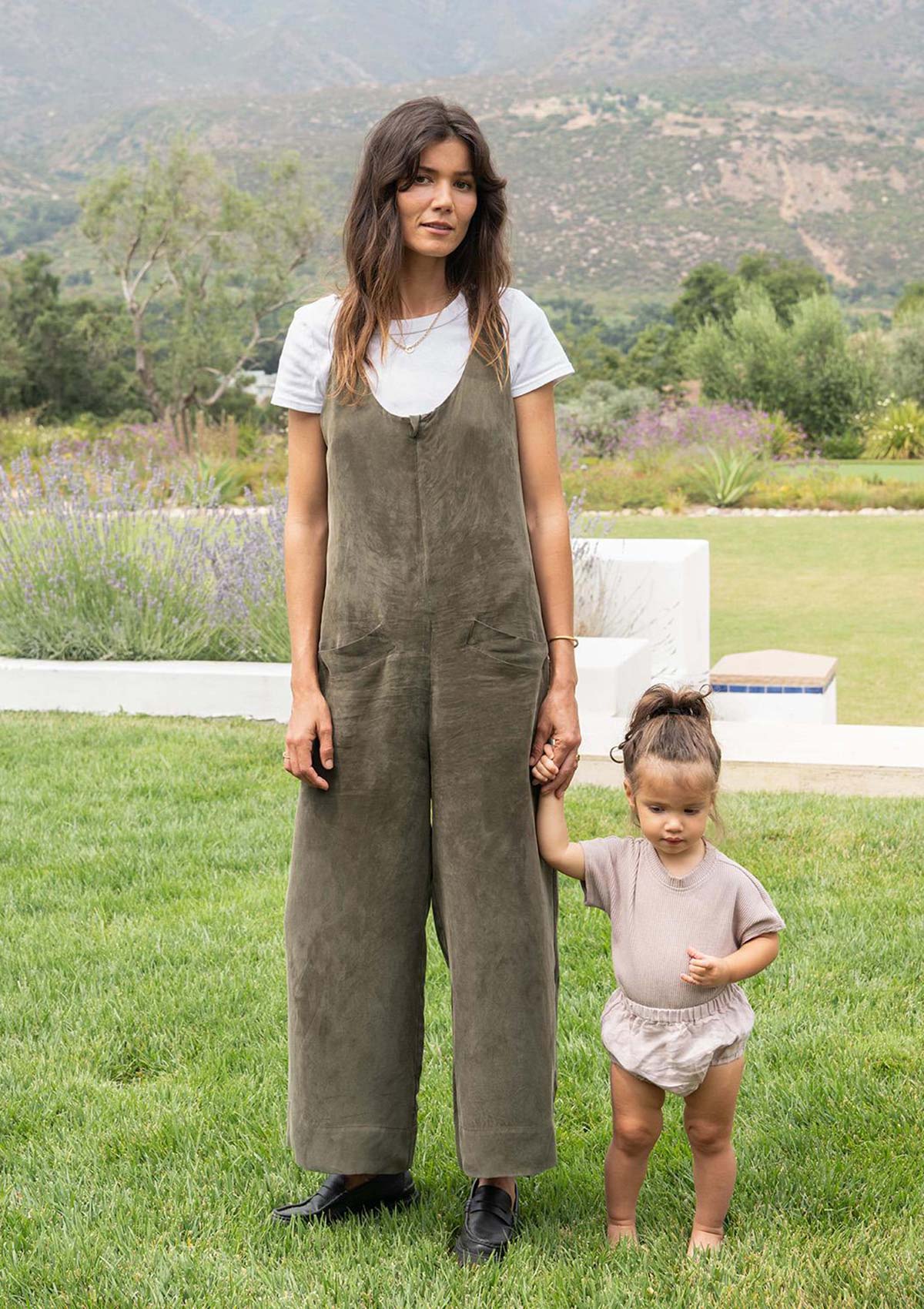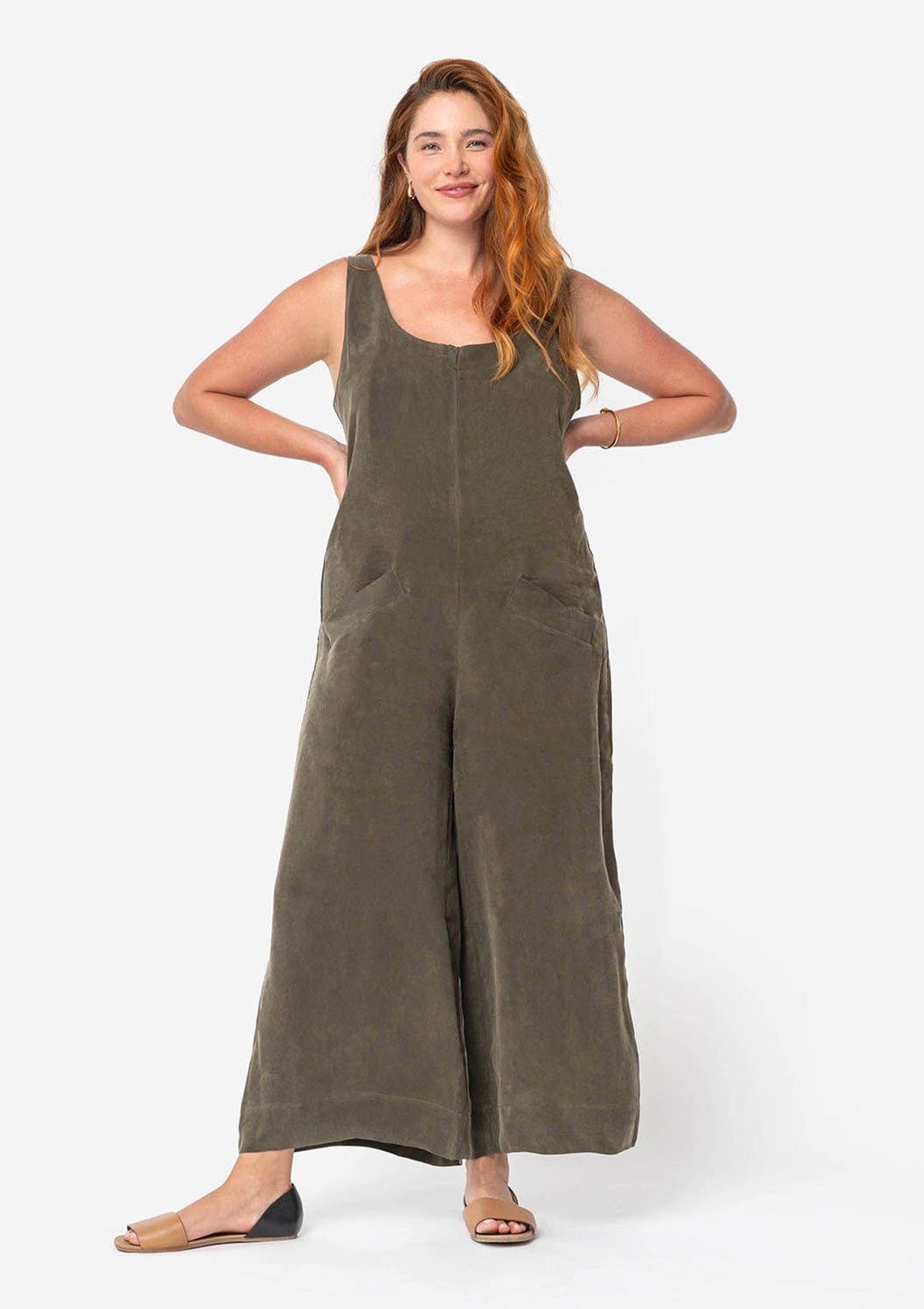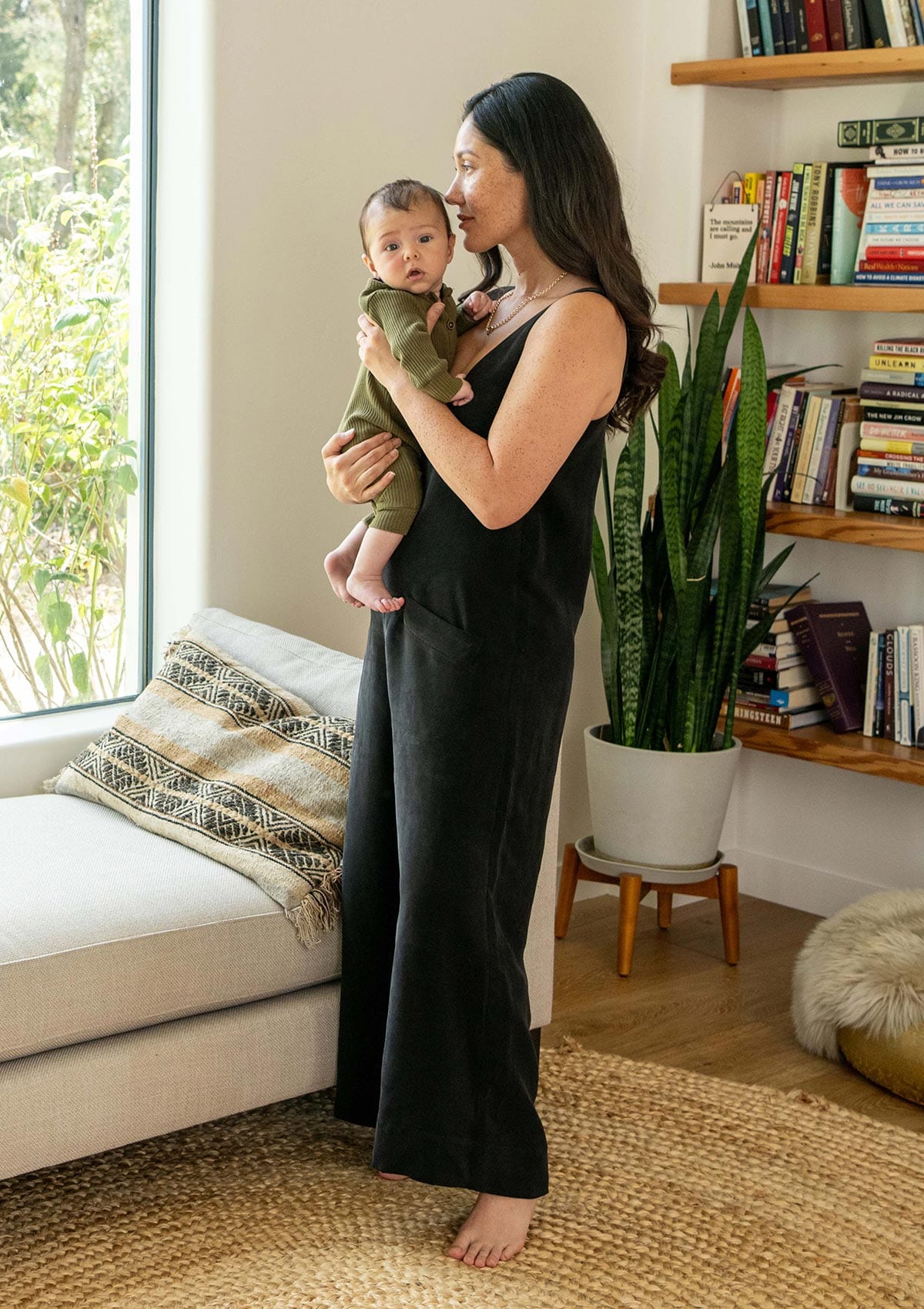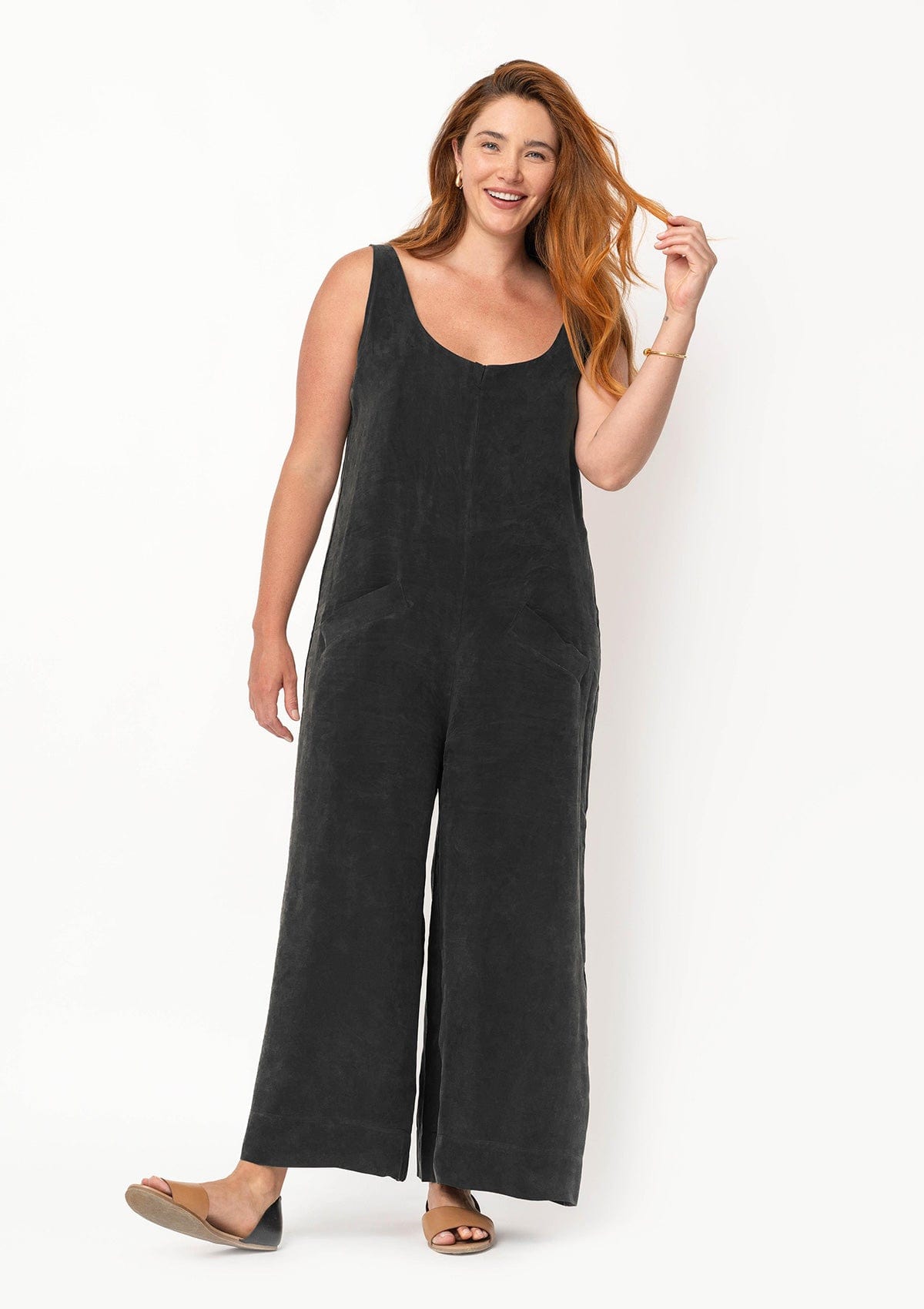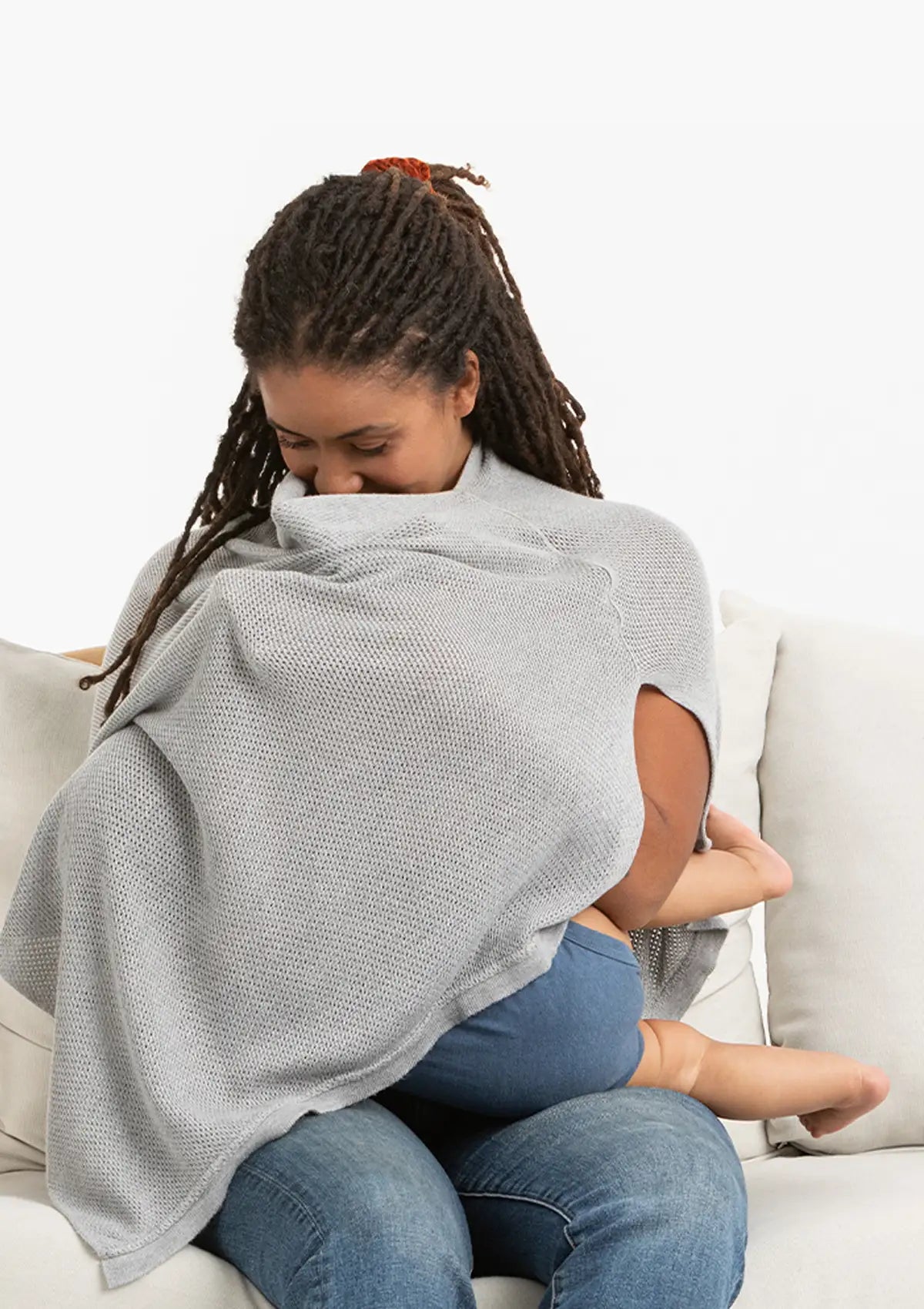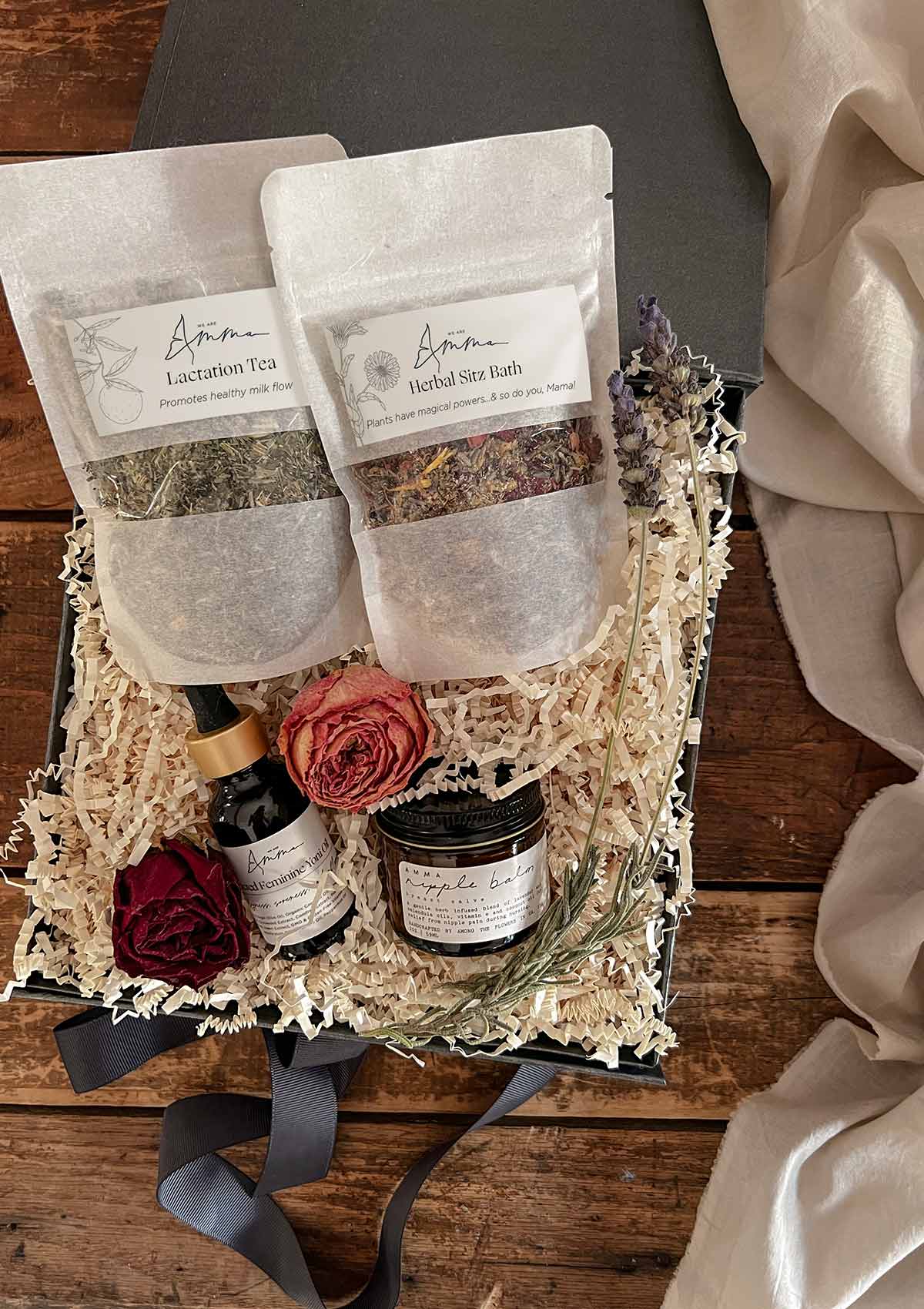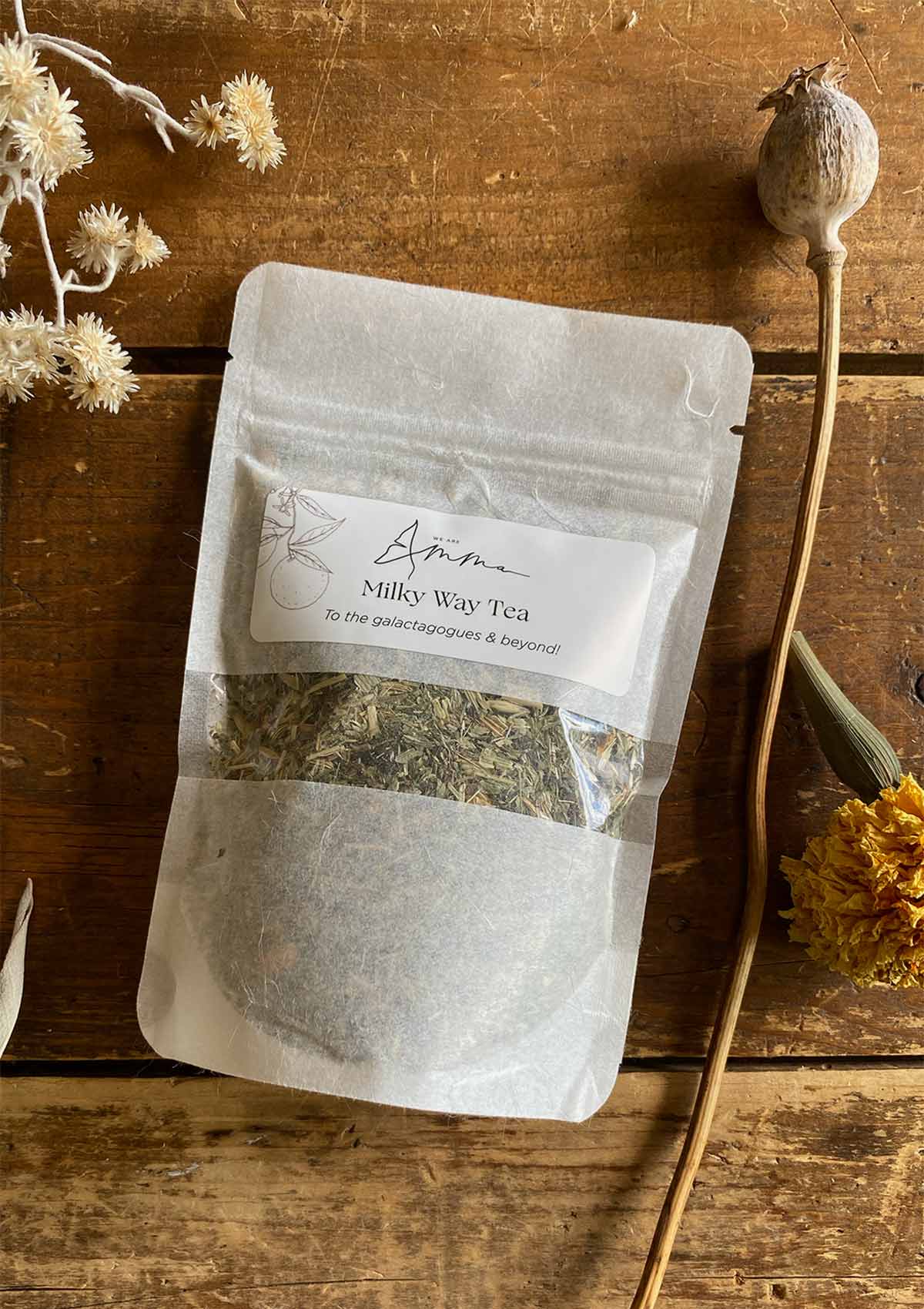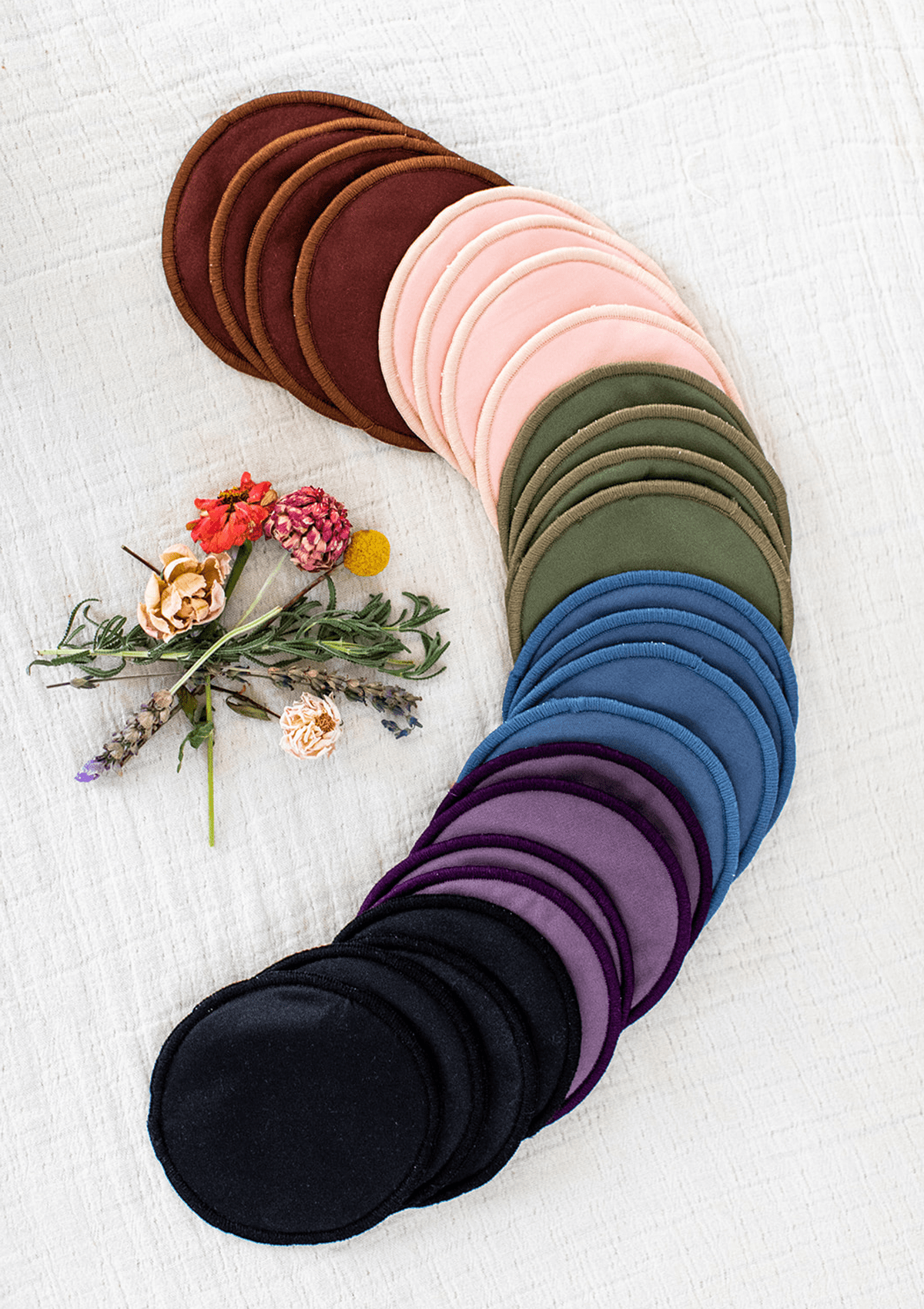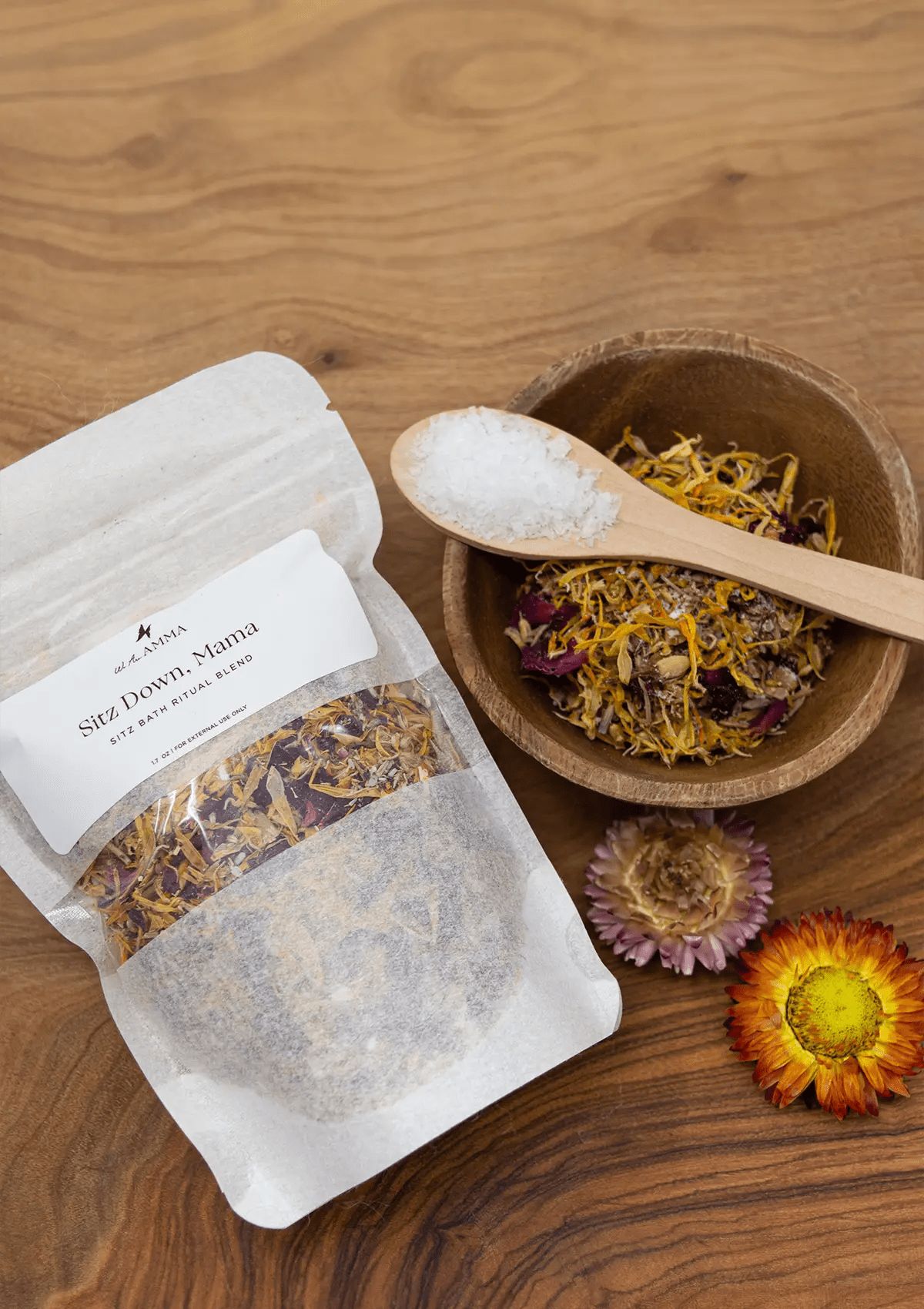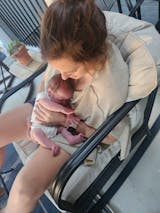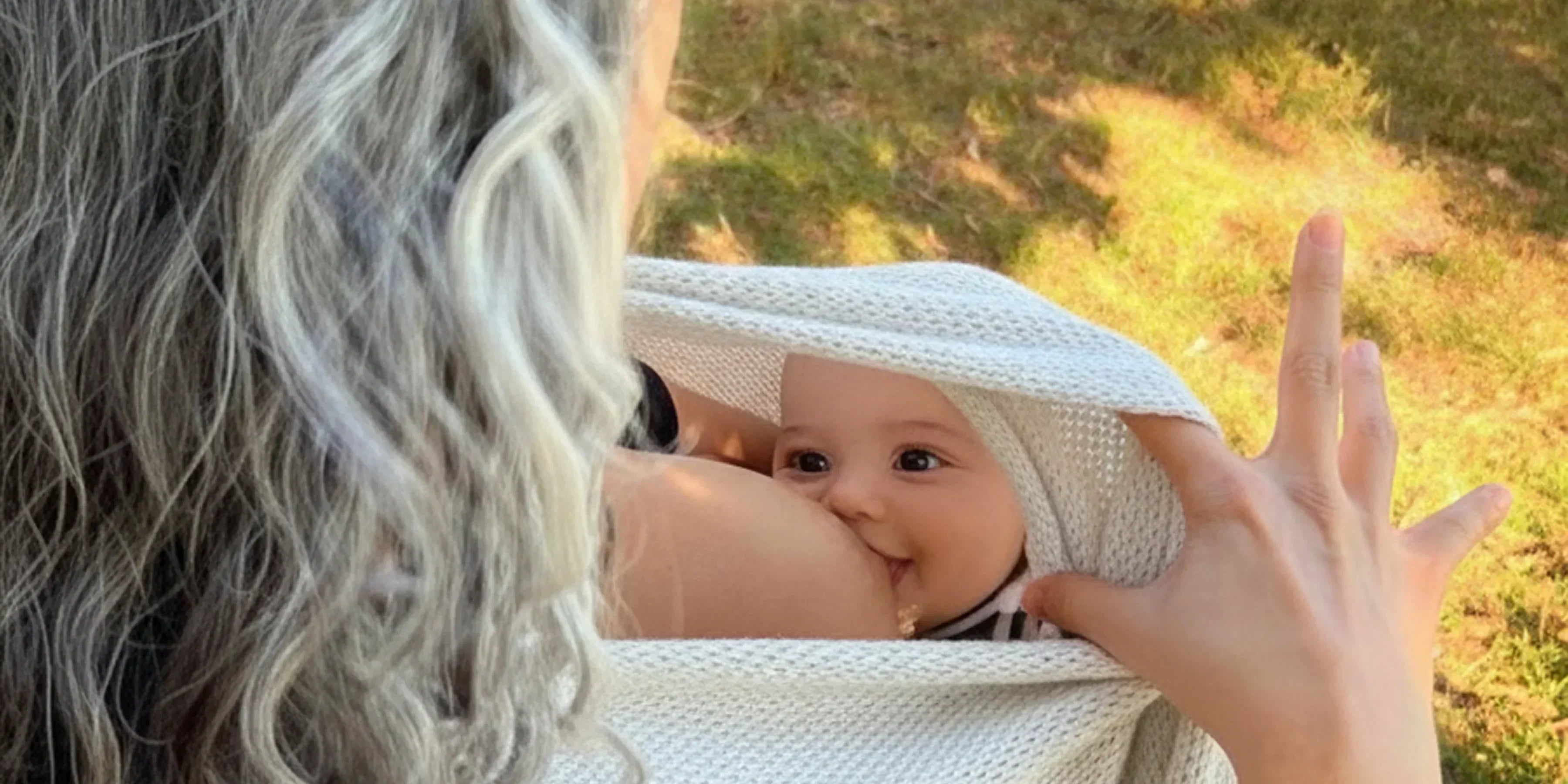
Ageism and Birth: Why “Over 35” Doesn’t Mean “Too Late”
When I was almost 36 and pregnant with my second child, doctors called it a “geriatric pregnancy.”
Every appointment felt subtly laced with worry: “At your age, it could be harder.” But my test results? Always optimal.
Then, when I conceived again at 40, people acted like I was defying reason.
Again, labs -> great!
If age were the deciding factor, there’s no way my third would’ve been my smoothest experience. My pregnancy at 40 was my most peaceful, beautiful birth, breastfeeding, and postpartum journey of all.
Here’s what I know: age may factor in, but it doesn’t write your birth story.
We live longer, healthier lives now. There are powerful benefits to birthing later. Let’s reclaim the narrative—and show what’s possible.
Age is one factor among many. Age alone does not determine your success.
What determines your experience is care, support, mindset, and listening to your body.
Let’s challenge the narrative. Let’s hold both the truth of risk and the truth of possibility.
What the Research Does Say (And What It Doesn’t)
Realities acknowledged
Yes, some studies show that higher maternal age correlates with increased risks—things like preterm birth, cesarean delivery, or certain pregnancy complications. *BioMed Central+2PMC+2
But those associations don’t tell the whole story.
Many of them are confounded by social, medical, or lifestyle variables (e.g. health access, prior care, stress levels). *BioMed Central+2PMC+2
What’s uplifting and hopeful in the data
-
Positive parenting and relationship quality: Some studies suggest that older mothers show more maternal sensitivity over time and use fewer harsh sanctions, which leads to stronger parent–child relationships. OUP Academic
-
Lower behavioral problems in children: In cohort data, children born to older mothers tend to show lower risks for behavioral problems, after accounting for social and demographic factors. *OUP Academic+1
-
Longevity link: A fascinating study found that women whose first birth occurred later (≥ 25) were more likely to live to age 90 compared with those whose first birth was younger. *University of California
-
Positive traits associated with later motherhood: Some reviews note advantages like increased life experience, emotional readiness, deeper resources, and intention in parenting among older mothers. *PMC
These findings don’t erase challenges—but they recalibrate us away from fear and toward respect.
How to Thrive Over 35: Mindset + Action
If you’re pregnant (or planning to be) over 35, here are practices and perspectives to support you:
1. Lean on support systems
Don’t go it alone. Whether it’s a doula, midwife, therapist, chiropractor, or trusted community—surrounding yourself with support reduces risk and increases resilience.
2. Focus on quality care
Be proactive about prenatal visits, screenings, nutrition, rest, and stress management. The more intentional your care, the more you mitigate age-related factors.
3. Give yourself permission to feel
It’s okay to be scared. It’s okay to admit that messages about age feel heavy. Grief and hope can exist side by side.
4. Choose affirmation and identity
Say things like:
“Age is strength. I bring wisdom, intention, and presence.”
Your mindset is one of the most powerful tools you carry into birth (so is a doula!) and breastfeeding.
5. Use your age as an asset
You may have more life experience, more patience, more clarity about what you want in birth, more ability to advocate. Trust that.
6. Guard boundaries and rest
Your capacity matters. More rest, better boundaries, and saying “no” to what drains you becomes more essential than ever.
An Invitation
To every mama poised at 35 or beyond who’s reading this:
You’re not being “late.”
You are being intentional.
You don’t need to redeem youth.
You need to be seen, supported, and believed in—on your terms.
Your story matters, not despite your age, but because you stand at an intersection of life experience and new life.
May your birth, your breastfeeding, your motherhood journey be held in grace, wisdom, and fierce belief in your own capacity.
